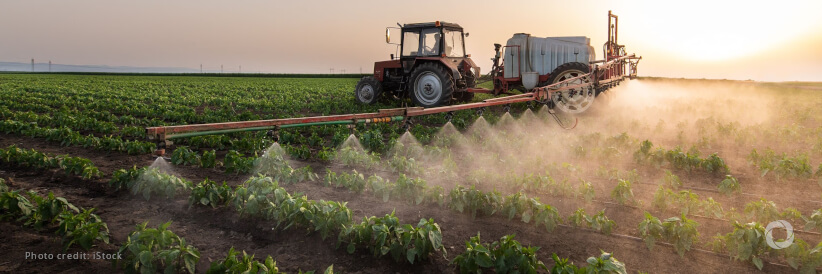As the International Rescue Committee (IRC) calls for a twelve-month renewal of the Black Sea Grain Initiative to mitigate the devastating impact of the disrupted Ukrainian exports on the countries on the brink of famine, our new report uncovers the destructive effect of the war on virtually all of Ukraine’s business sectors.
- 90% of businesses suffer as a result of reduced demand as the purchasing power of Ukrainians has dropped by almost 50%;
- A staggering 71% of surveyed businesses face difficulties due to disruptions in supply chains;
- Farms bordering active hostility zones have reported significant damage – 25% of smallholder farmers have stopped or reduced agricultural production due to the war, and export opportunities remain scarce;
- Increases in agricultural production costs are felt across the country: livestock and crop production costs have increased by 64% and 72% respectively, significantly reducing the income of smallholder farmers.
There is no sector in Ukraine that has remained untouched by the war – the analysis emerging from the IRC’s labor market assessment conducted in Zaporizhzhia, Odesa, and Dnipro reveals the dire situation of Ukrainian businesses over one year since the conflict escalation. Logistical challenges linked to the destruction of the critical infrastructure, limitations linked to exports, loss of human capital, disruptions in supply and demand, as well as continuing instability continue to erode livelihoods across the country. In addition to this, with Ukraine among the world’s most mine-contaminated countries, landmines are also posing a deadly threat to farmers.
Josie Scott, Emergency Economic Recovery and Development Coordinator in Ukraine, said: “It is difficult to speak of rebuilding the Ukrainian economy at a time when the ongoing war is actively damaging infrastructure, forcing people to flee in search of safety, and disrupting everyday life and business operations. As the UN is negotiating a renewal of the Black Sea Grain Initiative, while disrupted exports have a devastating ripple effect on food security globally, Ukrainian farmers are also struggling to get through. Farmers in the region are still facing difficulties selling their grain due to disruptions in logistics chains, and blockage of seaports. Some people we spoke to admit that while they are striving to cultivate their lands, storing food in regions like Zaporizhzhia has become extremely difficult due to the disruptive impact of the war on the power supply. Limited access, logistical challenges, and increased transportation costs have also resulted in crops being thrown away”.
One year on next to ensuring that people can obtain what they require to go on with their income-generating activities – that is land cleared of landmines, cash, fuel, or electricity to power equipment, seeds, fertilizer, and animal feed – it is vital that we continue to meet humanitarian basic needs, but also protect and restore livelihoods. The renewal of the Grain Deal Initiative is critical to avert impending famine in places like Somalia, and also to help millions of farmers in Ukraine to unlock the production chain impasse and recover.

